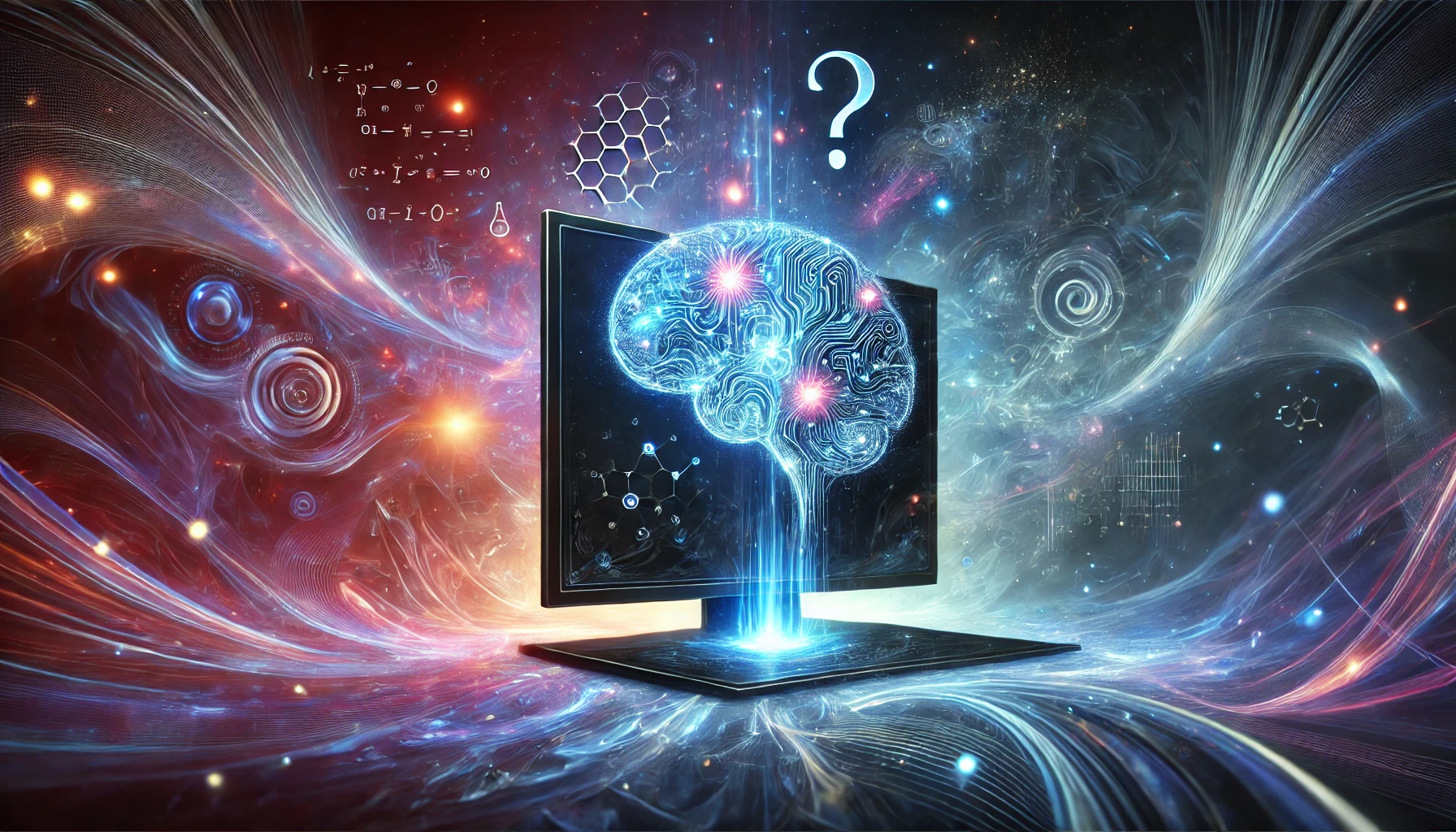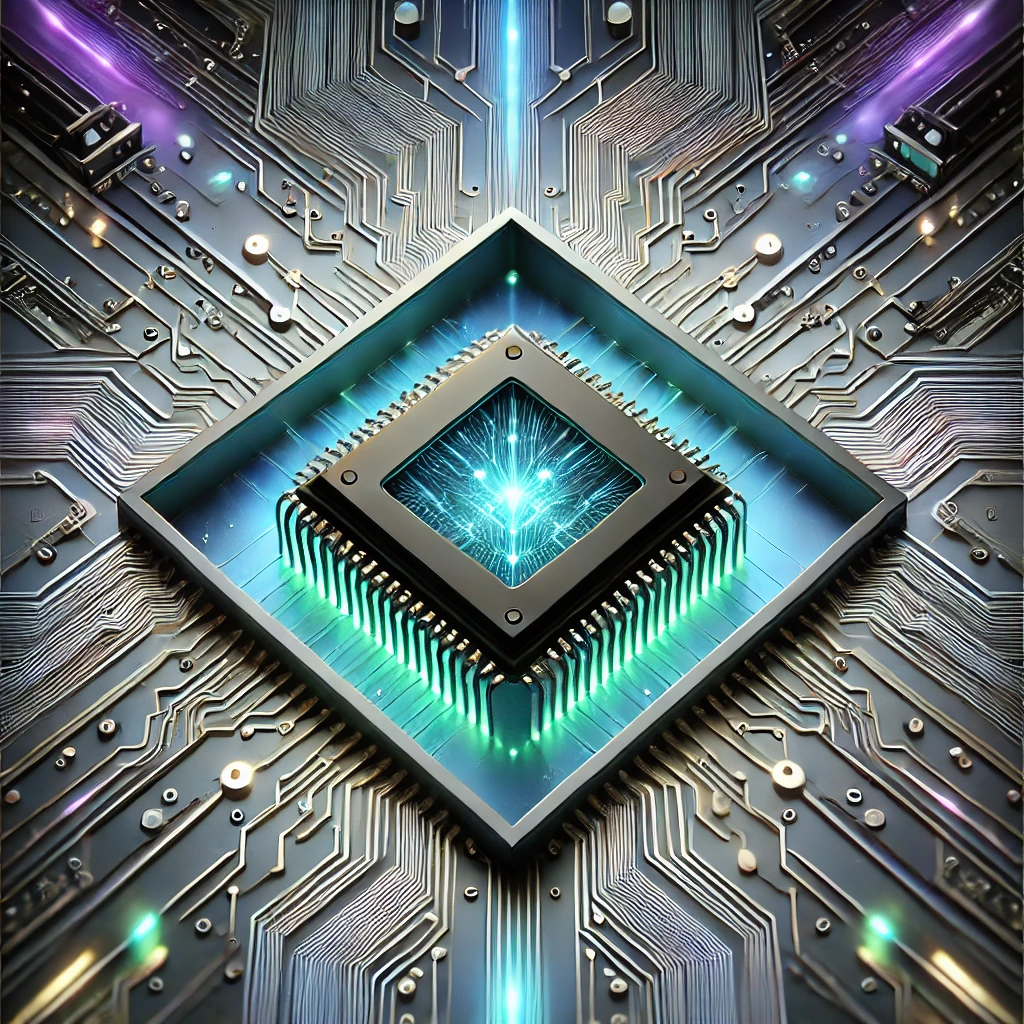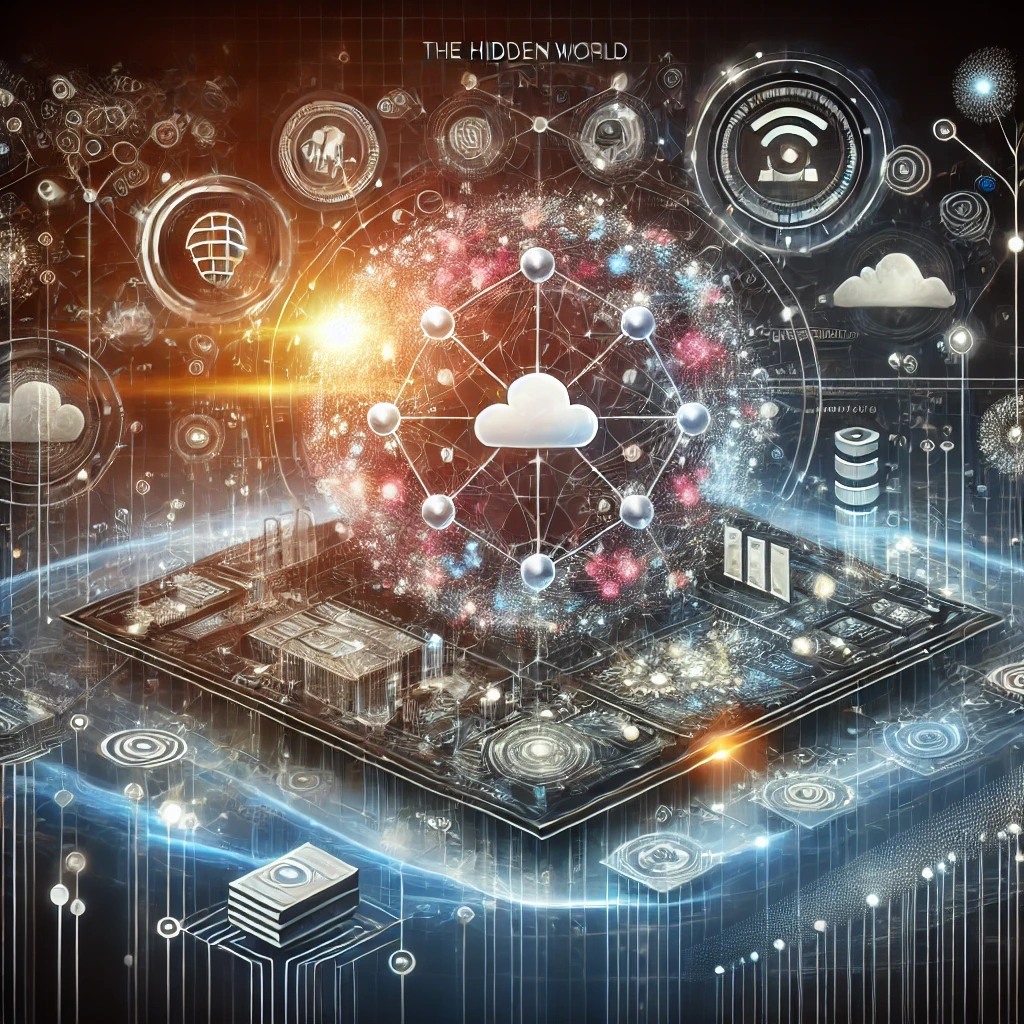Ah, the question that haunts late-night programming forums and inspires spirited debates over coffee: Will AI replace developers? Before you start drafting a farewell letter to your keyboard or plotting an escape to a remote island, let’s dive into the heart of this question. Spoiler alert: it’s not as grim—or as simple—as you might think.
The Rise of AI: A Double-Edged Sword
AI has come a long way, hasn’t it? Tools like GitHub Copilot, ChatGPT, and others have revolutionized how we approach coding. They autocomplete snippets, debug errors, and even suggest entire solutions. You might think, “Wow, this is great!” or “Uh-oh, am I obsolete?” But hold your horses! AI is more like your super-smart coding buddy than a job-stealing villain.
Here’s the deal: AI thrives on patterns and rules. It’s like that friend who’s great at trivia but gets confused when asked what they want for dinner. It can analyze thousands of lines of code, optimize logic, and debug like a pro, but creativity, problem-solving, and understanding human nuances? That’s still in your domain.
What AI Is Really Good At
AI doesn’t have a grudge against your job; it just excels at specific things. For instance:
-
Repetitive Tasks
Remember that mind-numbing chore of writing boilerplate code? AI can handle it with flair. Need to set up 50 API endpoints or a thousand-unit tests? Let AI shoulder the burden while you sip your coffee and focus on the fun stuff. -
Debugging and Refactoring
Debugging is like finding a needle in a haystack—while blindfolded. AI doesn’t get tired or frustrated. It tirelessly scans your code, identifies bugs, and suggests fixes faster than you can say, “Where’s the semicolon?” -
Learning and Suggesting
AI tools are like those teachers who seem to know every answer. They pull examples, frameworks, and syntax suggestions from an endless repository of data. Whether you’re a junior dev or a seasoned coder, it’s like having an encyclopedia that also makes jokes. (Well, sometimes bad ones.)
What AI Can’t Do (At Least Not Yet)
Despite its strengths, AI isn’t about to launch the next big app or disrupt Silicon Valley solo. Here’s why:
-
Creativity
AI can’t dream up innovative solutions or design a groundbreaking user experience. It works with what it knows—patterns, logic, and previous examples. That’s where your creative genius comes in. -
Understanding Context
AI might give you a technically correct solution, but does it align with your project goals, user needs, or business logic? Not necessarily. Developers bridge the gap between abstract requirements and practical implementation. -
Human Interaction
Explaining complex ideas to non-tech stakeholders, managing teams, or collaborating across departments is a human forte. AI doesn’t have emotional intelligence—yet.
Developers + AI = Superpowers
Instead of fearing replacement, think of AI as your sidekick. Batman didn’t lose his identity when Robin showed up, right? Here’s how developers and AI can form a dream team:
- Accelerate Development: AI can handle grunt work while you focus on high-level architecture, creative problem-solving, and innovative features.
- Upskill Faster: AI-powered tools help you learn new frameworks and languages in real time. Need to dive into Rust or Go? AI’s got your back.
- Improve Quality: Automated testing and error detection reduce bugs and make your code cleaner and more efficient.
It’s a win-win. You’re not just coding faster—you’re coding smarter.
Will AI Ever Replace Developers?
This question feels like asking if robots will replace chefs. Sure, robots can follow recipes, but can they taste, adapt, or create culinary art? Not really. Similarly, coding isn’t just about writing code; it’s about understanding people, solving problems, and thinking creatively.
AI might evolve to handle increasingly complex tasks, but there’s always going to be a need for humans to guide it. Developers define the “why” behind the “what.” Why build this feature? Why solve the problem this way? AI doesn’t ask “why”; it just executes.
The Jobs of the Future
As AI becomes more powerful, the role of developers will change—but change doesn’t mean extinction. Here’s how the landscape might shift:
-
Focus on Strategy
Developers may spend more time designing system architectures, defining project scopes, and solving big-picture problems. -
AI Trainers and Auditors
Someone has to teach AI how to code better, verify its outputs, and ensure it’s ethical and unbiased. -
Creative Problem-Solvers
As routine tasks get automated, developers will focus on innovation and user-centric designs. -
Hybrid Roles
The line between developer, data scientist, and designer may blur, creating versatile roles that combine technical and creative skills.
How to Stay Relevant in the Age of AI
The secret to thriving in an AI-powered world? Adaptation. Here’s how you can future-proof your career:
- Learn Continuously: Stay on top of new tools, languages, and technologies. AI isn’t your competition—it’s your toolset.
- Hone Soft Skills: Communication, empathy, and teamwork are irreplaceable. AI can’t negotiate project goals or explain a technical decision to a client.
- Embrace Change: Be curious about AI’s capabilities and experiment with how it can enhance your work.
Final Thoughts: A World with AI and Developers
So, will AI replace developers? Not likely. Instead, it’s reshaping the field, pushing us toward more creative, strategic, and impactful roles. Imagine AI as a power-up in the video game of coding—it doesn’t play the game for you, but it sure makes it more exciting.
The future of coding is a partnership between human ingenuity and AI efficiency. Developers who embrace this collaboration will find themselves at the forefront of a new era—an era where coding is faster, smarter, and, dare I say, more fun. So, keep your keyboard close and your creativity closer. The best is yet to come.
Share this article
You might also like
Hello, World!
The Journey of Computing and the Birth of "Hello, World!" Computers are everywhere, yet their roots lie in fascinatingly humble beginnings.
Read MoreThe Unsung Heroes of Tech: Open Source Communities
Open Source: A Quick Refresher First things first, what exactly is open source? Simply put, it’s software with source code that’s open for anyone to
Read MoreWhy Your Code Should Be Beautiful: The Art of Clean Code
When was the last time you looked at a piece of code and thought, Wow, that’s beautiful!? Chances are, not recently. Many developers prioritize
Read MoreThe Eternal Struggle: Dark Mode vs. Light Mode
Once upon a time, back in the ancient days of computing, screens were mostly black with green or amber text. This wasn’t a “dark mode”—it was the
Read MoreWhen Machines Dream: The Art and Science of AI-Generated Creativity
In recent years, artificial intelligence has made a dramatic leap from number crunching and algorithmic problem-solving to creating something many of
Read MoreThe Death of Moore’s Law: What Comes Next?
For over five decades, Moore’s Law has been the north star guiding the semiconductor industry. This simple yet profound observation, made by Intel
Read MoreThe Hidden World of APIs: How the Internet Talks
The internet is a vast, interconnected world. It's a place where cat videos, TikTok dances, and memes coexist alongside groundbreaking medical
Read More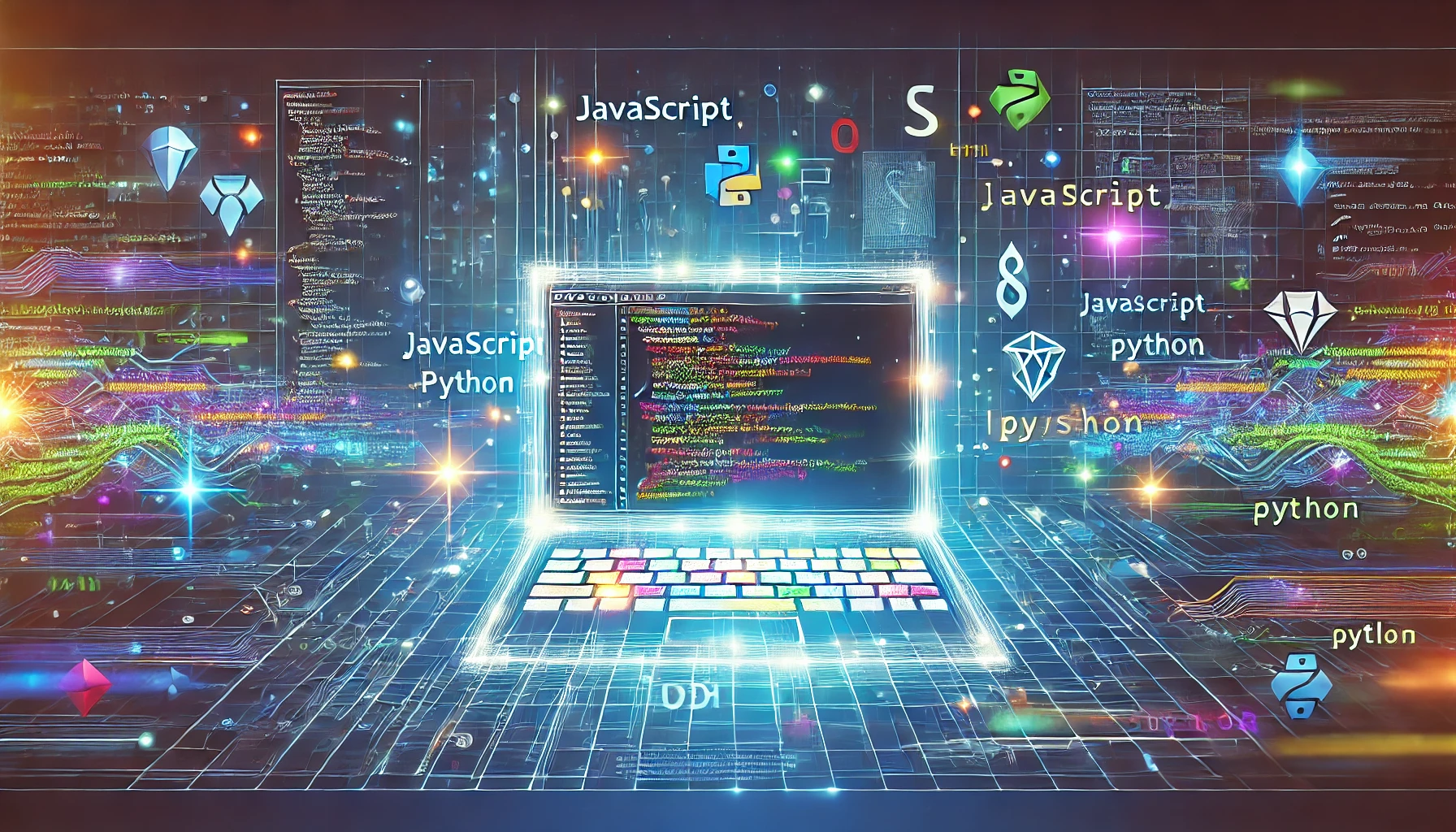


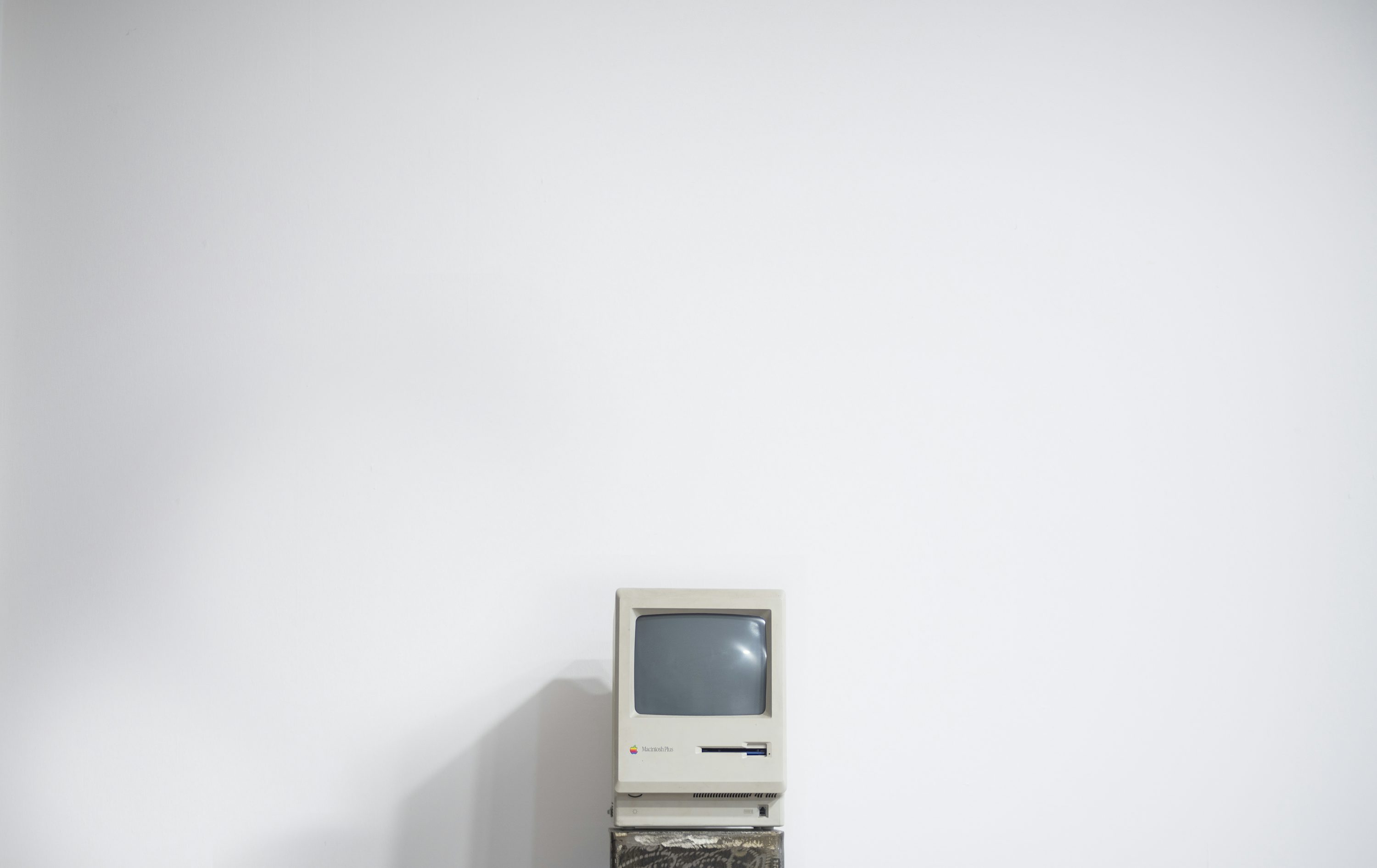

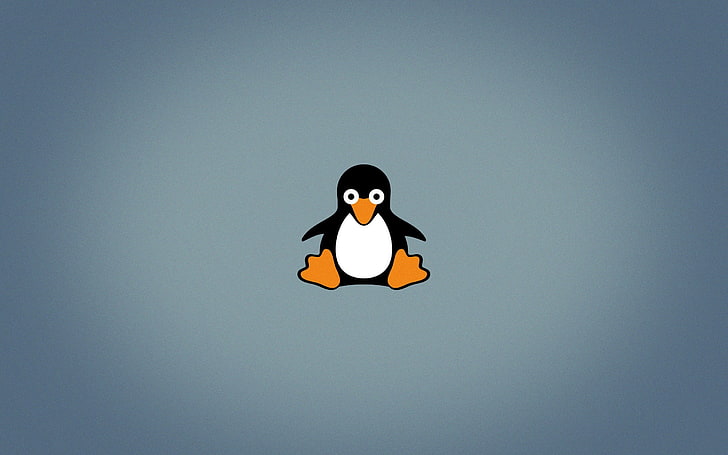
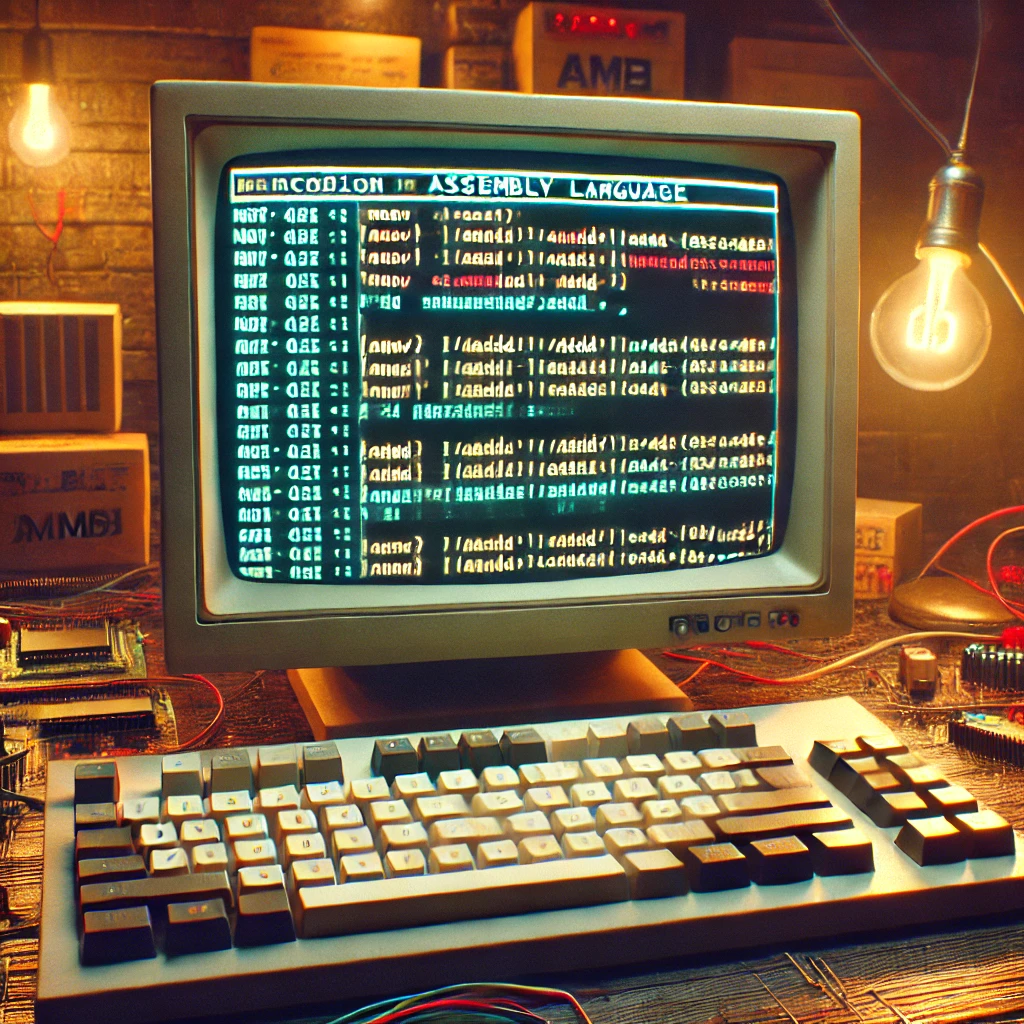
.jpg)
